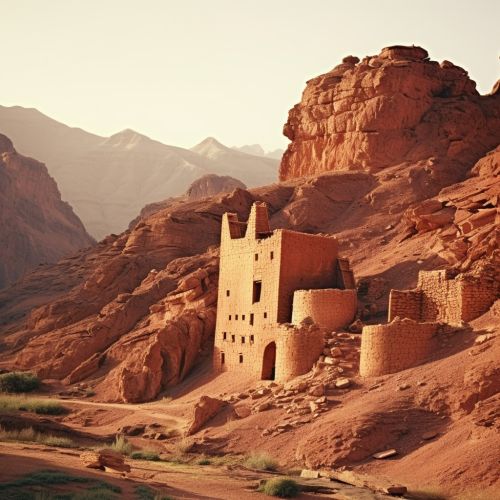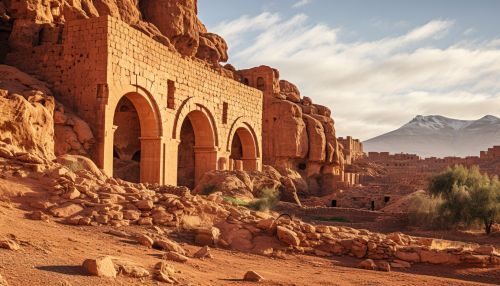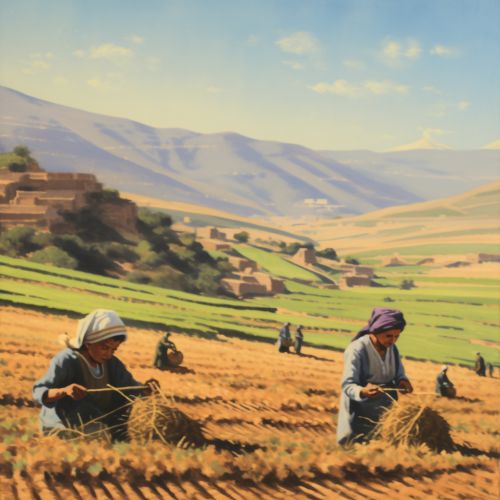Berber people
Origins and History
The Berber people, also known as the Amazigh, are an ethnic group indigenous to North Africa. They have a rich and varied history that spans thousands of years, with roots tracing back to the early inhabitants of North Africa. The Berbers have been the region's predominant ethnic group since at least 10,000 BC, predating the arrival of the Phoenicians and Romans.


The Berbers have a long history of resisting foreign invasions and maintaining their cultural identity. They successfully resisted the Phoenicians, Romans, Byzantines, and Arabs, among others. Despite periods of foreign rule, the Berbers have managed to preserve their language, culture, and identity.
Language and Culture
The Berbers speak a variety of Amazigh languages, which belong to the Afro-Asiatic language family. These languages include Kabyle, Shilha, Riffian, and Tuareg, among others. Despite the widespread use of Arabic in North Africa, many Berbers continue to speak their native languages, and there has been a recent resurgence in the promotion and use of the Amazigh languages.
Berber culture is rich and diverse, with distinct traditions, music, and cuisine. Berber music, known as Amazigh music, is characterized by its use of traditional instruments such as the bendir, a type of frame drum, and the lotar, a stringed instrument. Berber cuisine, like the people themselves, is diverse and varies from region to region. Common dishes include couscous, tagine, and various types of bread.
Society and Economy
Berber society is traditionally organized around tribes and clans, with a strong sense of community and mutual aid. The Berbers are predominantly farmers, herders, and traders, with agriculture and livestock forming the backbone of the Berber economy. In recent years, many Berbers have migrated to urban areas in search of employment, but a significant number still live in rural areas and maintain traditional ways of life.


Modern Berbers and the Amazigh Movement
In the modern era, the Berbers have faced significant challenges, including marginalization, cultural assimilation, and political repression. However, they have also seen a resurgence of cultural and political activism, known as the Amazigh Movement. This movement seeks to promote Berber language, culture, and rights, and has achieved some significant victories, including the official recognition of the Amazigh language in Morocco and Algeria.
